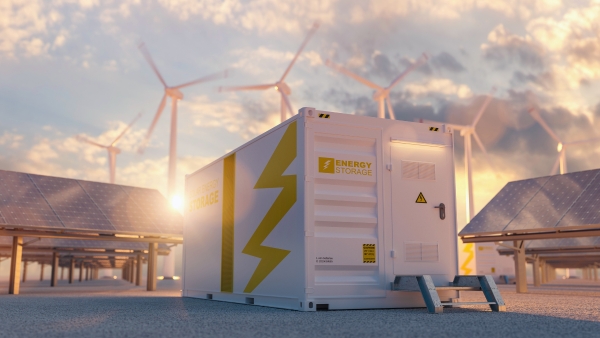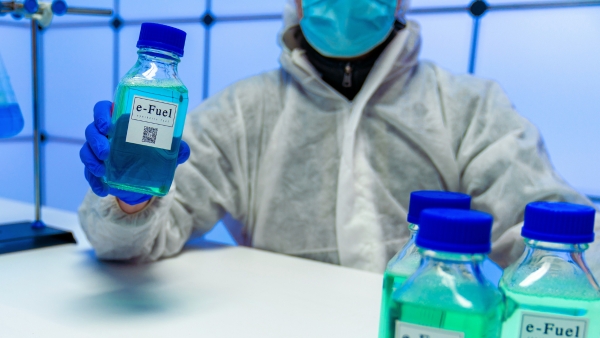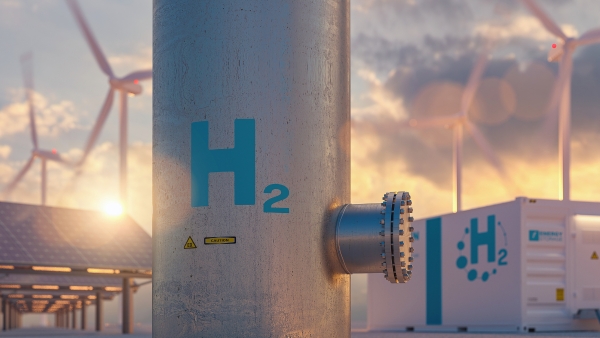
Aviation is widely regarded as the most challenging transport sector to decarbonise.
Report background
This report summaries the findings of a workshop convened by the National Engineering Policy Centre (NEPC) on Tuesday 14 September 2021 to discuss how plans for a decarbonised aviation sector via ‘fuel switching’ may impact on wider energy, transport and environmental systems. By examining the implications of fuel switching in these wider systems, the aim was to assist officials and others considering options for decarbonising flight by identifying impacts, key interdependencies, systemic risks and potential opportunities for efficiency and speed in decarbonising aviation.
Decarbonising aviation
Aviation is widely regarded as the most challenging transport sector to decarbonise. This difficulty arises from the long lifetimes of aircraft and the absence of mature technologies that can support large-scale air travel without emitting greenhouse gases. Additionally, the heavy weight of aircraft, extended flight durations, and high energy demands present unique challenges that other transport sectors do not face.
Low- and zero-carbon fuels are deeply interconnected with the broader energy, transport, and environmental systems. Therefore, this workshop considered the wider impacts on these systems to understand the practical implications of large-scale fuel use.
The transition to low-carbon fuels in aviation, as required by UK legal obligations, raises critical questions about standards, safety, regulation, cost, and the timeline for change. It also highlights potential ripple effects on energy, land, and transport systems, possibly increasing demands or altering requirements in areas like energy supply, system integration, safety, logistics, and environmental risks.
Alternative aviation fuels

Battery electricity
This can be sourced from either national or local power grids, with its carbon intensity depending on how the electricity was generated. Achieving net-zero compliance requires a consistent supply of zero-carbon electricity for charging. Additionally, the batteries may contain significant amounts of critical raw materials.

Biofuels
Biofuels are hydrocarbon fuels derived from various feedstocks, including waste materials like forestry and agricultural residues, or specially grown fuel crops. When burned in aircraft engines, biofuels emit CO2 and NOx, similar to current aviation fuels. The classification of biofuels as 'low carbon' depends on the feedstock’s ability to sequester CO2 (as in crop-based biofuels) or on their ability to divert waste that would otherwise generate greenhouse gas emissions through decomposition.

E-fuels and synfuels
These are hydrocarbon fuels produced through chemical processes that combine hydrogen and CO2, which must be captured either from concentrated sources or directly from the air. Like conventional aviation fuels, burning these fuels in aircraft engines produces CO2 and NOx emissions. Their classification as 'low carbon' depends on the source of the CO2 and the emissions associated with obtaining the feedstock.

Hydrogen
Hydrogen can be produced using various methods. The two most commonly discussed methods are 'green' and 'blue' hydrogen. 'Green' hydrogen is produced using electricity and water, so it requires an existing source of zero-carbon electricity. 'Blue' hydrogen is generated from fossil gas, which produces CO2 as a by-product. To be considered low-carbon, this CO2 must be captured and stored using engineered geochemical carbon capture and storage methods.
Hydrogen in aviation
The National Engineering Policy Centre convened a workshop to discuss how plans for a decarbonised aviation sector via ‘fuel switching’ may impact on wider energy, transport and environmental systems. Alongside battery electricity, biofuels, e-fuels and syn-fuels, hydrogen was one of the fuels explored as part of the workshop.
Related resources
Net Zero
Taking a systems approach to achieving net zero by 2050
The role of hydrogen in a net zero energy system
A comprehensive understanding of how low-carbon hydrogen could contribute to achieving net zero.
Scaling up UK green hydrogen to meet net zero goals: a summary report
Read the report to learn what actions need to be taken to advance green hydrogen to meet net zero goals in the UK.
